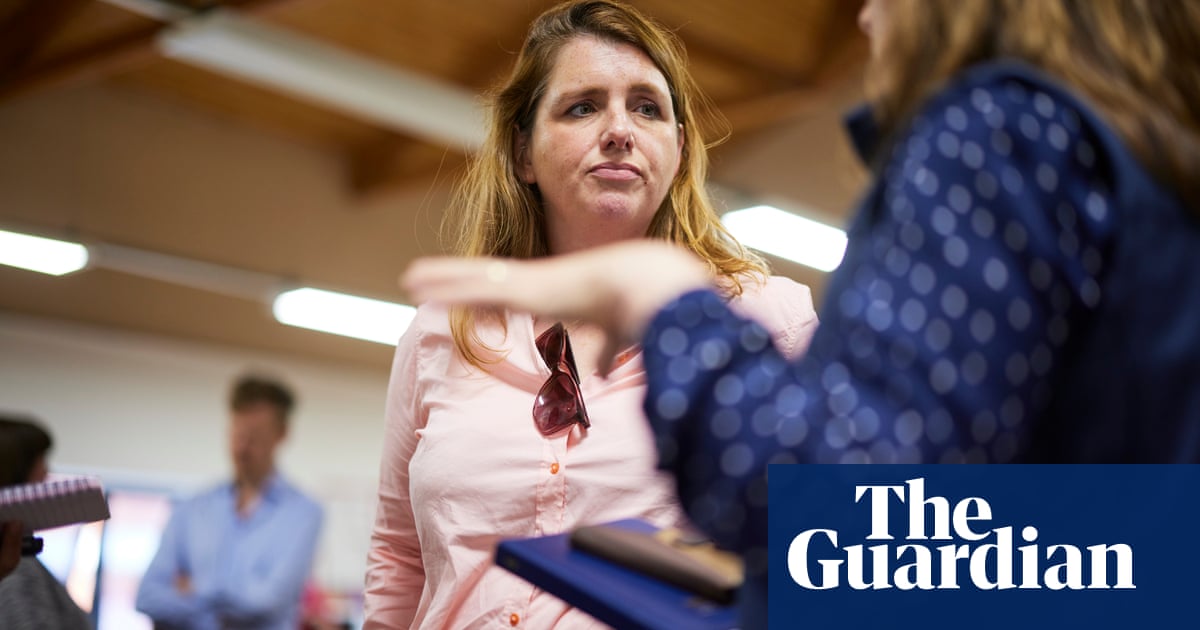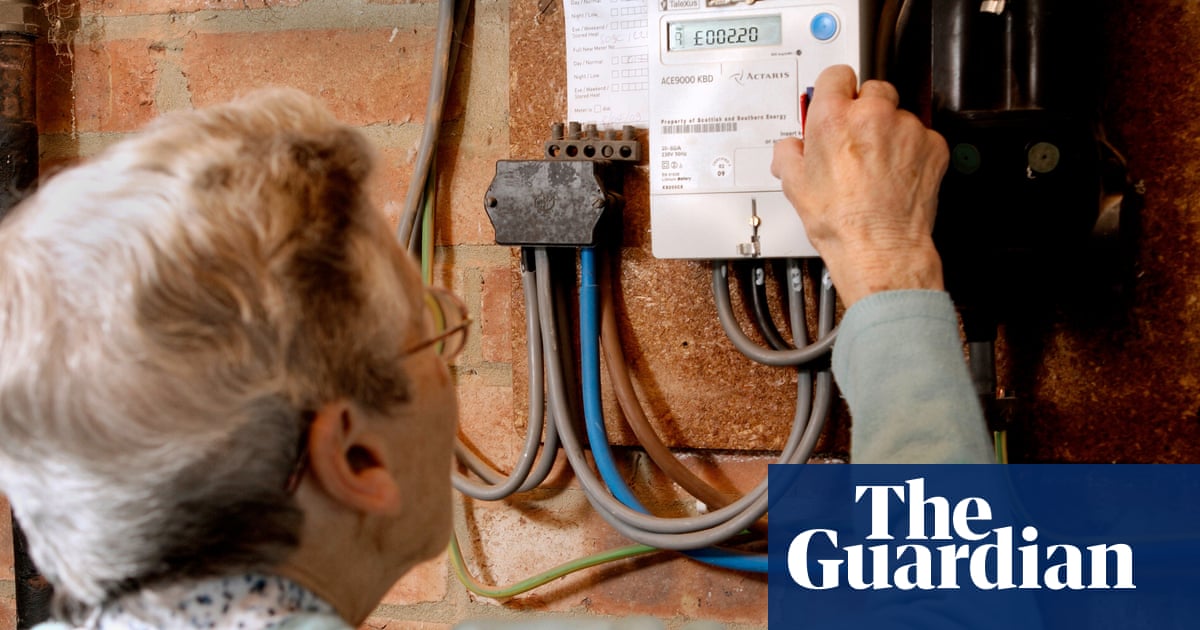
US authorities have launched an investigation into allegations of forced labour in Boohoo’s UK supply chain, which could lead to the online fashion seller’s goods being impounded at ports.
The Customs and Border Protection (CBP) body is understood to have found sufficient grounds for the investigation late last month after Liberty Shared, a charity which campaigns against modern slavery, sent it a petition on 1 February outlining problems with Boohoo factories in Leicester. If the CBP finds evidence goods have been made with forced labour it can instruct ports not to release them.
A second similar petition sent on 7 February outlined potential problems in clothing factories throughout the district of Leicester East, where Boohoo is thought to buy more than 60% of the goods made.
The Boohoo petition refers to a number of studies into conditions in Leicester factories including an independent review carried out by Alison Levitt QC last year and a study by the Centre for Social Justice and Justice & Care published last year.
The Boohoo-commissioned Levitt review found that allegations of poor working practices in the company’s supply chain were “substantially true”. The company has since appointed Sir Brian Leveson, the retired judge who led the phone-hacking inquiry, to oversee the overhaul of its supply chain.
Hong Kong-based Liberty Shared argues that the supply chain in Leicester has “a high potential for forced labour”, partly because local police and government provision for prevention, protection and prosecution on forced labour issues is “currently inadequate and therefore the vulnerable are at high risk of being victimised”.
Boohoo said it had not received any correspondence from and was not aware of any investigation by CBP, which has the power to ban imports into the US if it finds evidence of modern slavery.
In a statement to the stock market, Manchester-based Boohoo said: “The group is confident in the actions it is taking to ensure that all of its products meet the CBP criteria on preventing the product of forced labour entering the US (or any of its markets). Boohoo continues to fulfil orders to customers in the US across all of its brands. The group will work with any competent authority to provide assurance that products from its supply chain meet the required standard.”
CBP said it could not comment on whether it was investigating any specific companies.
However, the body does investigate allegations from a variety of sources, including private citizens, investigative journalists and campaigning groups.
If it finds evidence “reasonably indicating” that forced labour has been used in producing goods it can issue a “withhold release order” instructing ports to detain shipments. Importers then have three months to either take back the goods or submit evidence demonstrating the merchandise was not made using forced labour. Last year the CBP issued 13 such orders, more than in the previous four years.
Simon Bowler, an analyst at Numis, said: “Orders to prevent the import of product under these regulations look to be rare, and the nature of an investigation across a complicated supply chain that is in the process of being overhauled, for which no evidence of modern slavery has yet been found by current UK enforcement bodies, means that the direct risk arising from these letters feels remote.”
However, he added that the US was an important market for Boohoo, accounting for a quarter of revenues, and concerns about a ban were “another element of risk for investors”.
Shares in Boohoo, which recently bought the Debenhams brand to sit alongside its PrettyLittleThing, Nasty Gal, Warehouse, Karen Millen and Oasis labels, were down 4.5% on Tuesday afternoon.












